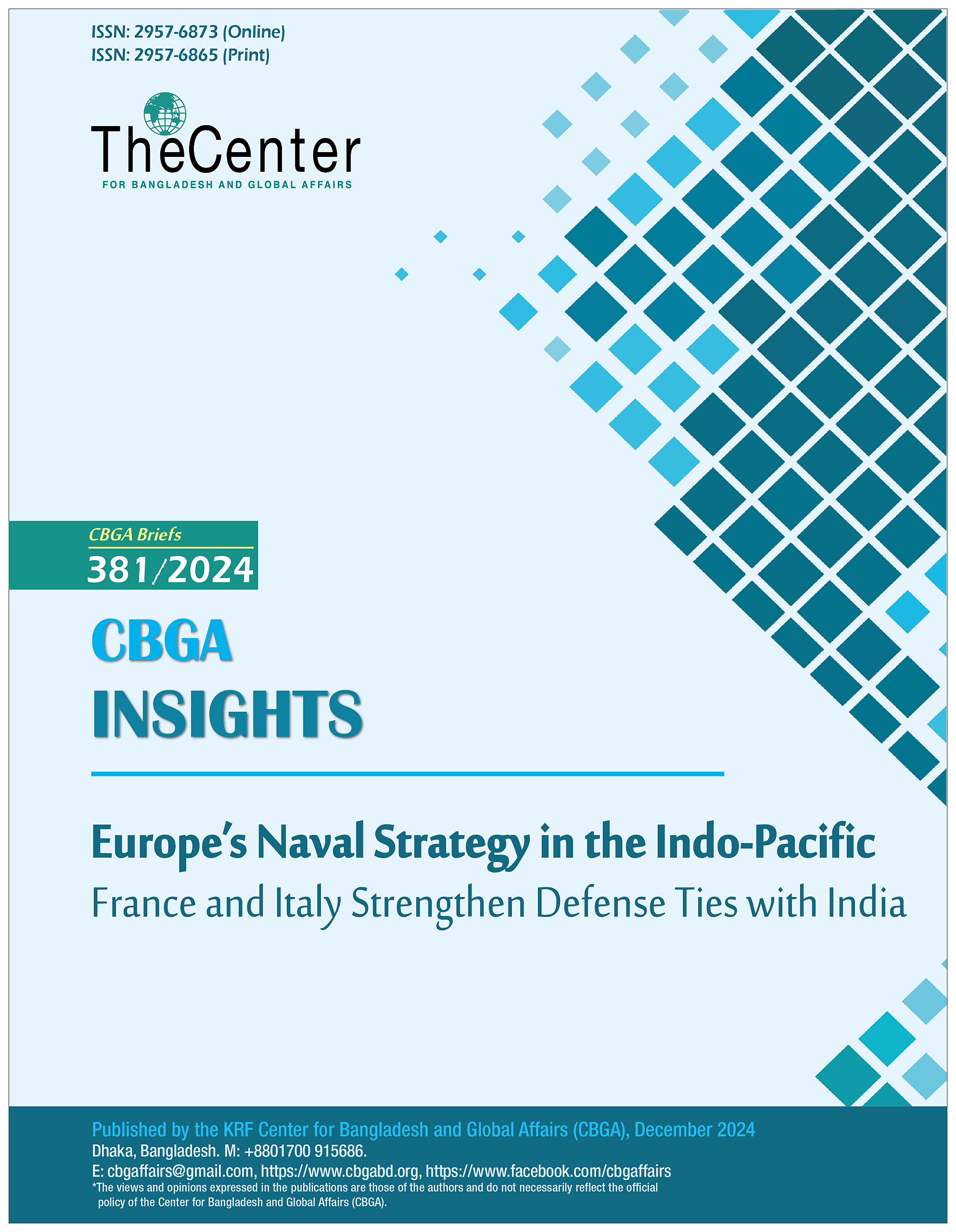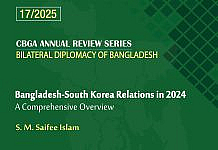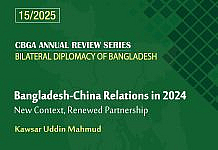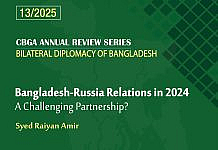
The Indo-Pacific region continues to attract global attention as a strategic theater, with nations increasingly prioritizing security and alliances to counter growing challenges. A significant development in this context is the deployment of Europe’s most formidable warship, the French nuclear-powered aircraft carrier Charles de Gaulle, to India. This visit, accompanied by Italy’s enhanced defense diplomacy, underscores a concerted Western effort to address rising concerns about China’s assertive maritime policies.
A Powerful European Presence in India
The Charles de Gaulle, a 42,500-ton nuclear-powered aircraft carrier, will arrive in Indian waters mid-next month as part of a broader French naval contingent. This deployment includes three additional French warships, with the fleet set to stay in India for three to four days. During this period, the French and Indian navies are expected to engage in joint exercises, potentially featuring one of India’s aircraft carriers, the INS Vikrant or INS Vikramaditya.
The Charles de Gaulle is equipped with cutting-edge technologies, including the naval variant of the Rafale fighter jet. India’s acquisition of the same Rafale model for its Air Force and the recent orders for additional Rafale-M jets for its navy highlight the growing synergy between French and Indian defense systems. Furthermore, India’s decision to procure more French-made Scorpene-class submarines signifies a deepening bilateral defense partnership.
The Broader Indo-Pacific Context
The deployment of the Charles de Gaulle in the Indian Ocean reflects the enduring importance of the Indo-Pacific to Western nations. Despite the ongoing Russia-Ukraine war, which continues to demand substantial resources and attention, European powers remain committed to countering China’s aggressive maneuvers in the South and East China Seas. Beijing’s expansionist policies, such as its militarization of disputed islands and its assertive stance on Taiwan, have heightened concerns about regional stability.
The United States, as a key player in the Indo-Pacific, maintains a robust military presence through its alliances with Japan, South Korea, and Australia. However, the involvement of European nations, particularly France and Italy, signals a broader coalition forming to uphold a rules-based international order.
Italy’s Growing Role in Indo-Pacific Defense
Italy’s contribution to this pivot is underscored by the arrival of its Amerigo Vespucci, a historic tall ship used for naval training, and an Italian junior defense minister in India. This visit highlights Italy’s intention to strengthen defense ties with India. Notably, India recently lifted a ban on Leonardo, the Italian defense conglomerate, which had been embroiled in controversies related to helicopter procurement.
The renewed collaboration between India and Italy points to a shared commitment to enhancing national security. Italian Prime Minister Giorgia Meloni and Indian Prime Minister Narendra Modi have maintained regular bilateral engagements, providing a strong foundation for this partnership.
The Strategic Significance of Joint Naval Exercises
The joint naval exercises planned during the Charles de Gaulle’s visit carry significant strategic implications. These exercises serve as platforms for interoperability, allowing participating navies to refine their operational coordination. For India, these engagements bolster its readiness to address maritime challenges while fostering stronger ties with like-minded partners.
For France, the deployment of the Charles de Gaulle underscores its position as a resident power in the Indo-Pacific. French territories such as Reunion Island and French Polynesia provide Paris with a direct stake in regional stability. By engaging with India, France reinforces its commitment to upholding freedom of navigation and deterring unilateral actions that could disrupt the balance of power.
Europe’s Strategic Pivot to the Indo-Pacific
The presence of European powers in the Indo-Pacific represents a continuation of the West’s strategic pivot to the region, initiated by the United States several years ago. Britain and Germany have also increased their naval presence in the region, reflecting a shared recognition of the Indo-Pacific’s strategic importance.
France’s proactive role is particularly noteworthy. With its advanced naval capabilities and historical ties to the region, France is well-positioned to contribute to a secure and stable maritime domain. Its collaborations with India and other regional players are integral to countering China’s growing influence and ensuring adherence to international norms.
India’s Expanding Role in Global Security
India’s engagement with European powers reflects its emergence as a key player in global security dynamics. As a member of the Quadrilateral Security Dialogue (Quad) alongside the US, Japan, and Australia, India has been pivotal in promoting a free and open Indo-Pacific. Its collaboration with France and Italy further diversifies its partnerships, enhancing its strategic autonomy.
India’s decision to lift the ban on Leonardo also signals its willingness to strengthen ties with Italy despite past controversies. This pragmatic approach aligns with India’s broader efforts to expand its defense procurement sources and foster innovation in its domestic defense industry.
The China Factor
China’s assertive policies remain a unifying concern for nations involved in the Indo-Pacific. Beijing’s activities, including its claims over the South China Sea and its military provocations near Taiwan, have prompted a collective response from global powers.
The Charles de Gaulle’s deployment serves as a clear message to Beijing: the international community is united in its commitment to preserving the rules-based order. The exercises planned with the Indian Navy further reinforce this resolve, demonstrating that nations are prepared to defend their shared interests.
A Multilateral Approach to Regional Stability
The growing involvement of European nations in the Indo-Pacific highlights the importance of multilateral cooperation in addressing regional challenges. France’s and Italy’s partnerships with India exemplify how nations can leverage their strengths to promote stability and deter aggression.
These collaborations are not limited to defense. They also encompass economic and technological initiatives, which are essential for fostering long-term resilience in the region. By working together, nations can create a comprehensive strategy to counterbalance China’s influence while ensuring sustainable development.
Conclusion
The imminent arrival of the Charles de Gaulle and Italy’s heightened defense engagement with India signify a critical juncture in the Indo-Pacific’s evolving security landscape. These developments underscore the West’s recognition of the region’s strategic importance and its commitment to maintaining peace and stability. For India, these partnerships enhance its defense capabilities and reinforce its role as a key player in the Indo-Pacific. For Europe, the deployment of advanced naval assets and the deepening of bilateral ties with India represent a clear commitment to countering challenges and fostering a secure and open maritime domain. As global powers continue to pivot toward the Indo-Pacific, the region stands as a testament to the importance of cooperation in navigating the complexities of a multipolar world.
– Syed Raiyan Amir is a Senior Research Associate at the KRF Center for Bangladesh and Global Affairs (CBGA).







